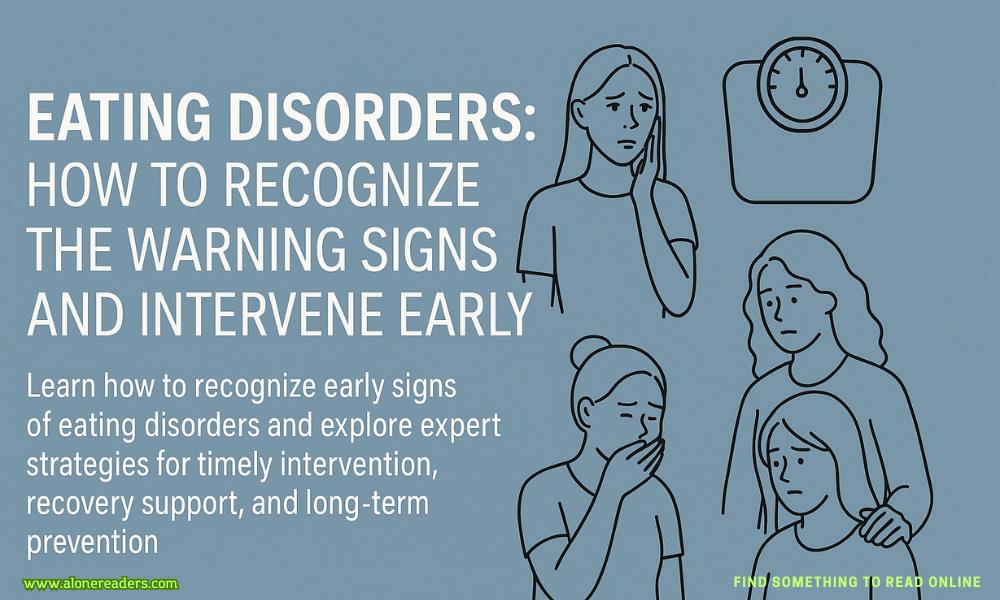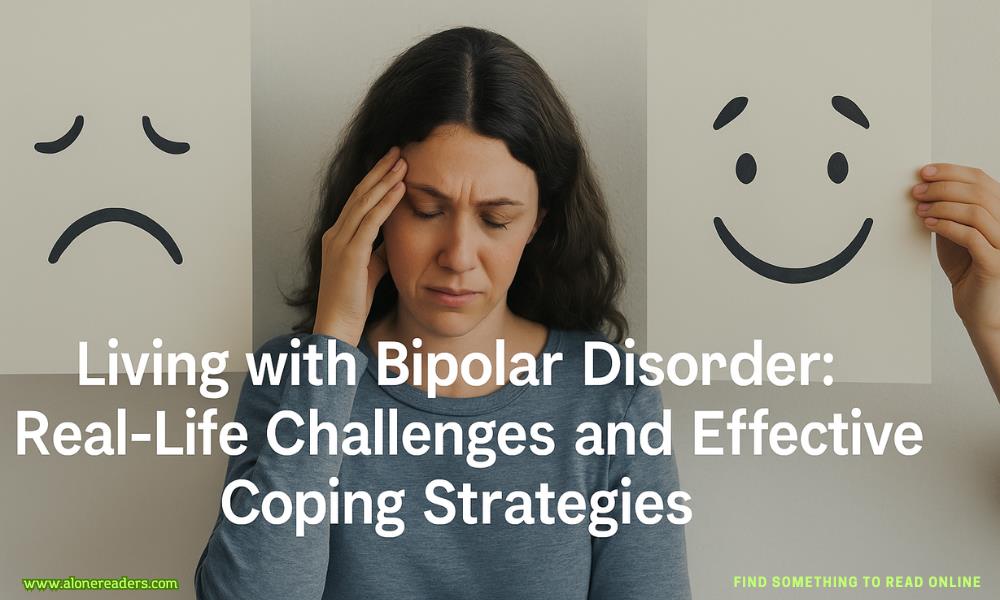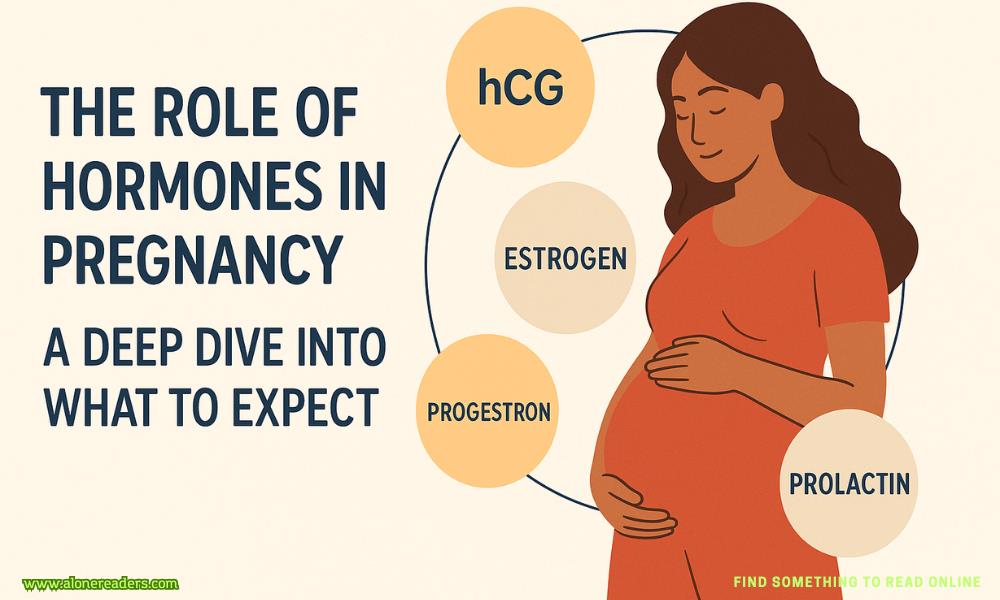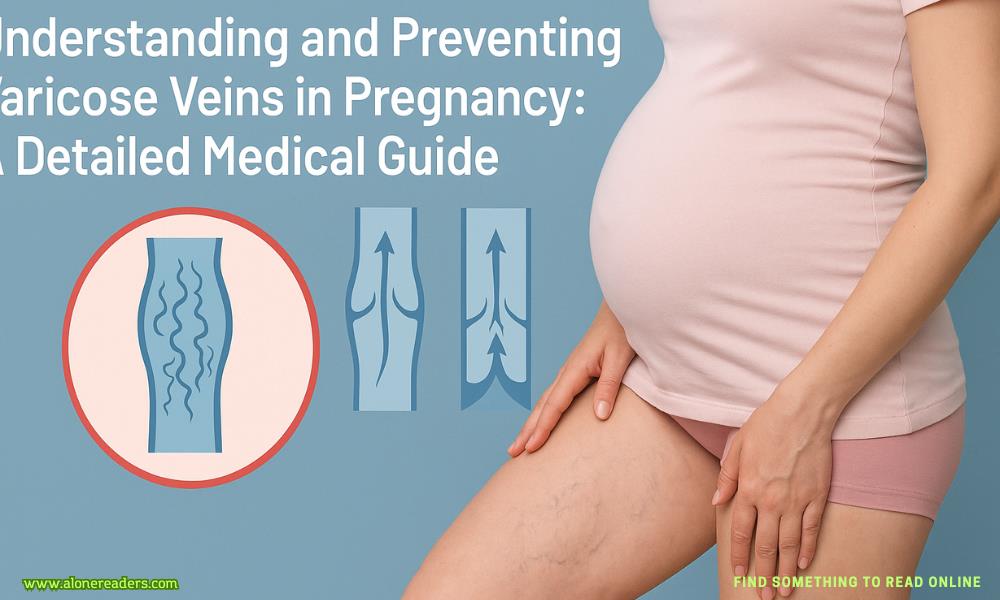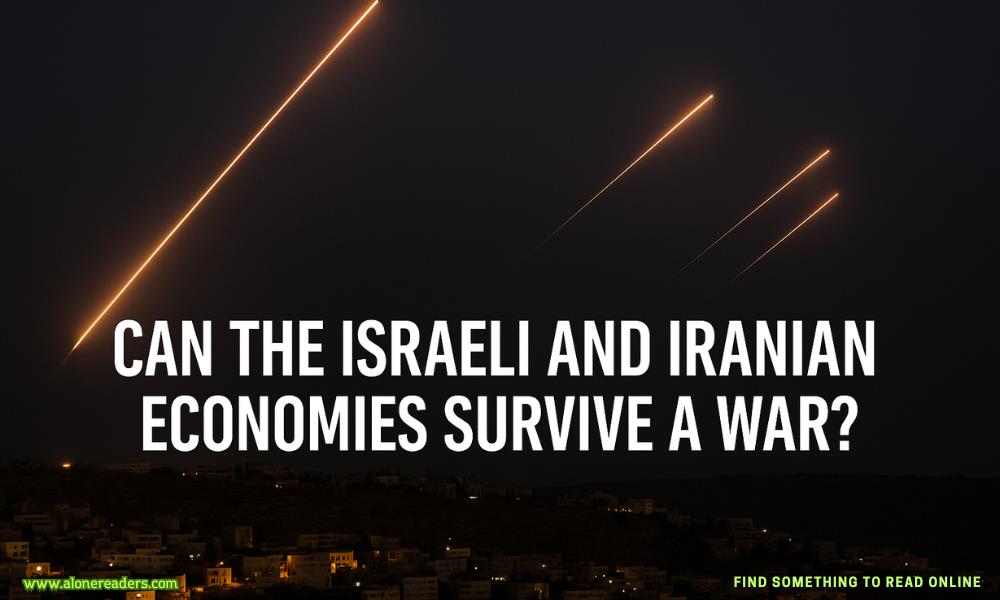Page 53 of Kill Your Darlings
“I’m afraid that Wendy and I are, at most, once-a-year parishioners. I don’t want you to waste the brain space.”
“Too late,” she said.
The encounter at the wine shop would probably have been the end of it, but they ran into each other again in the middle of February at the post office. He was mailing off an application for the PhD program at Cornell, with very little hope of getting in, and she was there on what she said was official business, bulk-mailing a church newsletter. Afterward they went to a coffee shop on Mass Avenue and talked for two hours.
It turned out that Ariel Gagnon was from New Hampshire, as well, but together they determined that their two towns were about as far apart as you could get in that particular state. She came from the northernmost part of the state, both her parents wildlife managers more interested in nature than humans. “When people ask mewhy I found God, I tell them that it was loneliness, that I had no one to talk to growing up so I started to talk to Him.”
“And He talked back.”
“He didn’t actually. But that doesn’t mean I don’t think He’s there.”
“You said ‘think’ and not ‘know.’”
“I did,” she said. “Ministers have doubts too. But I’m really in it because it’s a form of social work. I want to help people. You know how I said at the cheese shop that I didn’t remember your name. I actually did and have no idea why I said I didn’t. But I’d been thinking of you. You looked like you were there for a reason, like you were looking for something.”
Thom, on the cusp of making a joke, instead said, “I think I’m looking for forgiveness.”
“Forgiveness for what?”
“My own selfishness, I guess. I don’t know. I just don’t like myself very much.”
“This is where I’m supposed to say that God loves you, but I think you know that, or at least you know that that’s how it is supposed to work. Instead, I’ll tell you that I like you, and I’m never wrong about anyone.”
“Is that true?” Thom said.
“That I like you?”
“No, that you’re never wrong about anyone?”
“So far.”
Between the conversation at the coffee shop and the afternoon spent on Ariel’s couch in her Somerville apartment, they’d seen each other almost once a week for lunch or for coffee. She’d told him about her on-again, off-again boyfriend Alun, and her wavering belief in her calling to the church. He told her about the constant anxiety he’d been feeling, and how Wendy approached life in a different way.
“You mean she’s happy?”
“I suppose that’s what I mean.”
“Must be hard.”
“It is. It is.” He reached across the table at the Middle East, where they were sharing a falafel platter and a bottle of lunchtime wine, and dramatically took hold of Ariel’s hand.
“But you said you wanted forgiveness, back when we first talked. What do you need forgiveness for?”
“When Wendy and I met, she was married—I told you that already—and I had a girlfriend, a serious girlfriend. I guess I don’t feel guilty about her because we weren’t meant to be together.”
“You were meant to be together with Wendy.”
“I was. I believe that. I’ll be with her forever. But I feel guilty about the end of her marriage to Bryce. I guess that’s what I’m hoping to be forgiven for.”
Ariel looked skeptical and poured the last of the bottle of wine into Thom’s glass. “I thought Bryce died.”
Thom quickly rearranged the features on his face, trying to remember what he’d already told her. “He did, yes. But we had already...”
“Right, you told me that. Look, it seems to me like you’ve followed your heart, and that’s the important thing. I don’t think you’ve really hurt anyone.”
Toward the end of that lunch—or had it been the time they met in Boston at Cheers, just because it seemed like a funny thing to do?— Ariel said, “I take it Wendy doesn’t know about us meeting like this.”
“She sort of does,” Thom said.
- Daddy's Dirty Little Secret by Sofia T. Summers
- Sofa King Safe by Alexa Riley
- A Touch of Fate by Cora Reilly
- Mercy by Elizabeth Knox
- Veiled Vows by Ajme Williams
- Bending Over for My Tw!n by J. Snow
- Double Mountain Men by S.E. Law
- Fierce Vows by Jade Marshall
- Snowed in with the Mafia by Chloe Kent
- Claimed By a Knight by Lena Little
- Choke by Mila Crawford
- Stolen Princess's Secret by Kelly Hunter
- Wicked Games by Willow Dixon
- All Jacked Up by Abbi Glines
- Scatter the Bones by Autumn Jones Lake
- Need You to Choose Me by B. Celeste
